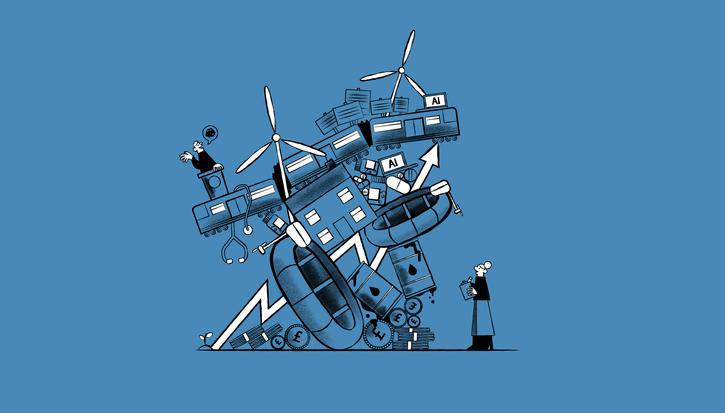For whom the motorway tolls
Article
In July 2000 the Government announced its intention in the ten-year transport plan "to reduce congestion on the inter-urban network and in large urban areas in England below current levels by 2010" (DETR 2000). It aimed to cut urban and inter-urban congestion by 8 per cent and 5 per cent respectively. However, these targets were abandoned in the progress report published in December 2002, and the government now anticipates a rise of congestion on inter-urban roads of up to 15 per cent and a rise of 9 to 20 per cent in large urban areas (DfT 2002).
Transport Secretary Alistair Darling has already announced a significant programme of road widenings on sections of motorway around the country totalling £6bn. These measures, though, only represent a temporary palliative. The multi-modal transport corridor studies which the Government set up to investigate the case for road widenings warned of the short-lived benefits of widening alone. For example, the M25 multi-modal study "Orbit" considered that without active traffic management "road space will quickly fill up and the service improvements will evaporate" (GOSE 2002).
This seems to present a bleak prospect for Britain's beleaguered motorists. One means of addressing this problem, though, is to introduce road user charging: a scheme of inter-urban charging on the strategic network would have the dual benefit of reducing congestion and raising badly needed revenue.
Despite increased investment since 1997, the transport infrastructure is still suffering from a chronic funding backlog. With Government commitment to the National Health Service, education, and the elimination of child poverty, transport cannot expect to receive a larger slice of the treasury cake.
Related items

Bridge to the future: how to get the NHS through the winter and ready for reform
NHS staff across the country are gritting their teeth. Christmas parties have come and gone, but a more threatening annual tradition looms once again – the NHS ‘winter crisis’. This period, renowned for long waits and increased mortality,…
The great enabler: transport’s role in tackling environmental crises and delivering progressive change
In this special issue of IPPR Progressive Review we bring together leading political, academic and civil society thinkers to consider transport in modern Britain and its role in delivering a healthier, greener, more prosperous and…
The shape of devolution
How do we create transparent, fair and practical footprints for local power across England?